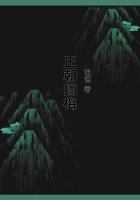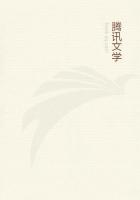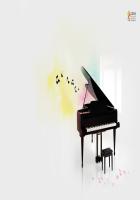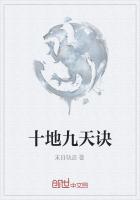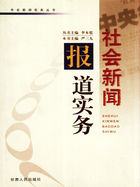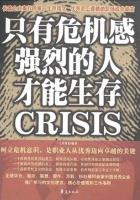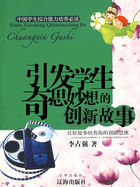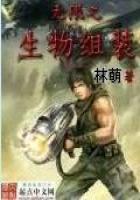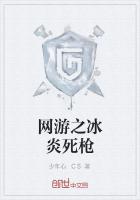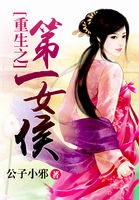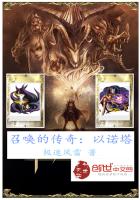THAT I might die in my early childhood was a thought which frequently recurred to the mind of my Mother. She endeavoured, with a Roman fortitude, to face it without apprehension. Soon after I had completed my fifth year, she had written as follows in her secret journal:
'Should we be called on to weep over the early grave of the dear one whom now we are endeavouring to train for heaven, may we be able to remember that we never ceased to pray for and watch over him. It is easy, comparatively, to watch over an infant. Yet shall I be sufficient for these things? I am not. But God is sufficient. In his strength I have begun the warfare, in his strength I will persevere, and I will faint not until either Imyself or my little one is beyond the reach of earthly solicitude.'
That either she or I would be called away from earth, and that our physical separation was at hand, seems to have been always vaguely present in my Mother's dreams, as an obstinate conviction to be carefully recognized and jealously guarded against.
It was not, however, until the course of my seventh year that the tragedy occurred, which altered the whole course of our family existence. My Mother had hitherto seemed strong and in good health; she had even made the remark to my Father, that 'sorrow and pain, the badges of Christian discipleship', appeared to be withheld from her. On her birthday, which was to be her last, she had written these ejaculations in her locked diary:
Lord, forgive the sins of the past, and help me to be faithful in future! May this be a year of much blessing, a year of jubilee!
May I be kept lowly, trusting, loving! May I have more blessing than in all former years combined! May I be happier as a wife, mother, sister, writer, mistress, friend!
But a symptom began to alarm her, and in the beginning of May, having consulted a local physician without being satisfied, she went to see a specialist in a northern suburb in whose judgement she had great confidence. This occasion I recollect with extreme vividness. I had been put to bed by my Father, in itself a noteworthy event. My crib stood near a window overlooking the street; my parents' ancient four-poster, a relic of the eighteenth century, hid me from the door, but I could see the rest of the room. After falling asleep on this particular evening, I awoke silently, surprised to see two lighted candles on the table, and my Father seated writing by them. I also saw a little meal arranged.
While I was wondering at all this, the door opened, and my Mother entered the room; she emerged from behind the bed-curtains, with her bonnet on, having returned from her expedition. My Father rose hurriedly, pushing back his chair. There was a pause, while my Mother seemed to be steadying her voice, and then she replied, loudly and distinctly, 'He says it is--' and she mentioned one of the most cruel maladies by which our poor mortal nature can be tormented. Then I saw them hold one another in a silent long embrace, and presently sink together out of sight on their knees, at the farther side of the bed, whereupon my Father lifted up his voice in prayer. Neither of them had noticed me, and now I lay back on my pillow and fell asleep.
Next morning, when we three sat at breakfast, my mind reverted to the scene of the previous night. With my eyes on my plate, as Iwas cutting up my food, I asked, casually, 'What is--?' mentioning the disease whose unfamiliar name I had heard from my bed. Receiving no reply, I looked up to discover why my question was not answered, and I saw my parents gazing at each other with lamentable eyes. In some way, I know not how, I was conscious of the presence of an incommunicable mystery, and I kept silence, though tortured with curiosity, nor did I ever repeat my inquiry.
About a fortnight later, my Mother began to go three times a week all the long way from Islington to Pimlico, in order to visit a certain practitioner, who undertook to apply a special treatment to her case. This involved great fatigue and distress to her, but so far as I was personally concerned it did me a great deal of good. I invariably accompanied her, and when she was very tired and weak, I enjoyed the pride of believing that I protected her.
The movement, the exercise, the occupation, lifted my morbid fears and superstitions like a cloud. The medical treatment to which my poor Mother was subjected was very painful, and she had a peculiar sensitiveness to pain. She carried on her evangelical work as long as she possibly could, continuing to converse with her fellow passengers on spiritual matters. It was wonderful that a woman, so reserved and proud as she by nature was, could conquer so completely her natural timidity. In those last months, she scarcely ever got into a railway carriage or into an omnibus, without presently offering tracts to the persons sitting within reach of her, or endeavouring to begin a conversation with some one of the sufficiency of the Blood of Jesus to cleanse the human heart from sin. Her manners were so gentle and persuasive, she looked so innocent, her small, sparkling features were lighted up with so much benevolence, that I do not think she ever met with discourtesy or roughness. Imitative imp that I was, I sometimes took part in these strange conversations, and was mightily puffed up by compliments paid, in whispers, to my infant piety. But my Mother very properly discouraged this, as tending in me to spiritual pride.
If my parents, in their desire to separate themselves from the world, had regretted that through their happiness they seemed to have forfeited the Christian privilege of affliction, they could not continue to complain of any absence of temporal adversity.
Everything seemed to combine, in the course of this fatal year 1856, to harass and alarm them. Just at the moment when illness created a special drain upon their resources, their slender income, instead of being increased, was seriously diminished.


